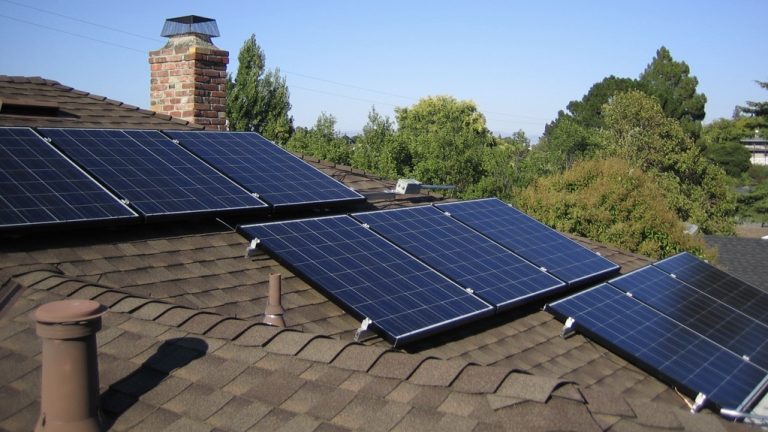Installing solar panels can help homeowners reduce their use of fossil fuels and their impact on the climate. Using solar energy can also help homeowners save money on their energy bills.
In some states, this is accomplished through a system called net metering.
When a solar-powered home requires more power than the panels can produce, the home can use power from the grid to help keep the lights on.
Homeowners pay for the extra energy, just like other electricity users.
But at other times, the solar panels may produce more energy than the house needs.
In this case, excess energy will be sent to the grid. In a net metering system, homeowners can get a credit from the utility company for the electricity they send, which can help lower their energy bills over time.
Not all states have net metering laws, and in states that do, the laws may differ.
For example, in some states, utility companies can extend credit to homeowners at lower interest rates. Or they could limit the number of solar panels homeowners are allowed to install.
Many solar advocates are pushing to expand net metering laws.
Because if homeowners can save money by installing solar, more people are likely to switch to clean energy.
Reporting credit: Ethan Friedman/ChavoBart Digital Media
We help millions of people understand climate change and what to do about it. Help us reach more people like you.
